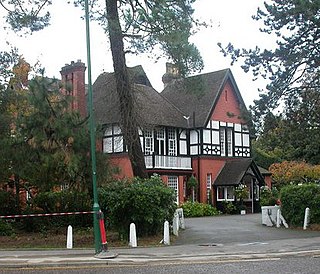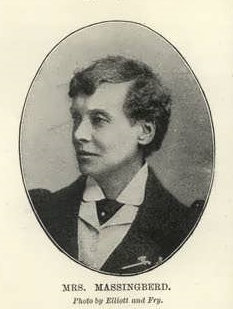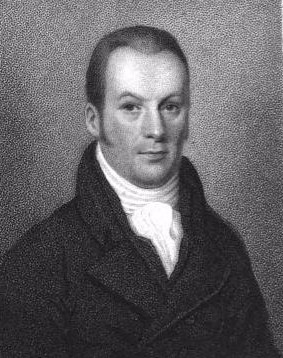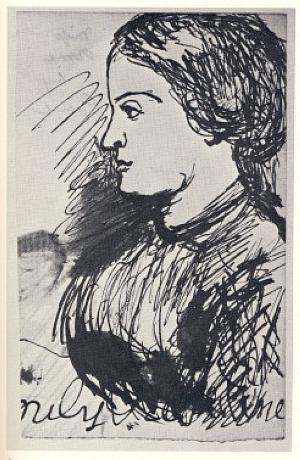
David Mather Masson, was a Scottish academic, supporter of women's suffrage, literary critic and historian.

Bedford College was founded in London in 1849 as the first higher education college for women in the United Kingdom. In 1900, it became a constituent of the University of London. Having played a leading role in the advancement of women in higher education and public life in general, it became fully coeducational in the 1960s. In 1985, Bedford College merged with Royal Holloway College, another constituent of the University of London, to form Royal Holloway and Bedford New College. This remains the official name, but it is commonly called Royal Holloway, University of London (RHUL).

Frederick William Pethick-Lawrence, 1st Baron Pethick-Lawrence, PC was a British Labour politician who, among other things, campaigned for women's suffrage.

The National Union of Women Teachers (NUWT) was a trade union representing women schoolteachers in Great Britain. It originated in 1904 as a campaign for equal pay for equal work, and dissolved in 1961, when this was achieved.

The Langtry Manor is a country house hotel at 26 Derby Road in the East Cliff area of Bournemouth, England. The foundation stone is inscribed "E.L.L. 1877". A residence for 60 years, it was originally known as the "Red House", and after 1937 the "Manor Heath Hotel", before being renamed the Langtry Manor in the late 1970s.

Emily Caroline Langton Massingberd, known as Emily Langton Langton from 1867 to 1887, was a women's rights campaigner and temperance activist.
The Society for Promoting the Employment of Women (SPEW) was one of the earliest British women's organisations.
The Rehearsal Club was a London club providing support to actresses, ballet dancers and music hall chorus girls. The club provided a space to rest, read, eat and socialize between morning and evening performances. It was founded in 1892 by the Rev. John Fenwick Kitto, vicar of St Martin-in-the-Fields, with the support of Prince Christian, who became the club's President. It seems to have been based at different times at 29 Leicester Square and at Cranbourne Street.
The Lady Cyclists' Association was the United Kingdom's – and probably the world's – first cycling organisation expressly for women, set up to provide rides, tours and social gatherings for women cyclists.

Lower Grosvenor Street was a street in London, England, later renamed Grosvenor Street. It was at the south-eastern corner of Grosvenor Square, extending eastward towards Bond Street. Count de Melfort, in his Impressions of England, described the street as consisting of "a great number of excellent houses, the majority of which are inhabited by titled persons and affluent families".
The Ladies' Alpine Club was founded in London in 1907 and was the first mountaineering club for women. It merged with the Alpine Club of Great Britain in 1975.

The Actresses' Franchise League was a women's suffrage organisation, mainly active in England.

William Roby (1766–1830) was an English Congregational minister.

Leonora Philipps, sometimes known as Nora Philipps, was a British feminist activist.

Grosvenor Crescent is a street in London's Belgravia district, that in December 2017 was ranked as the UK's most expensive residential street, with an average house price of £16,918,000.

Catherine Emily Pine was active in the women's suffrage movement in Britain. She took care of the suffragette Emmeline Pankhurst and her son Henry. Pine travelled with Pankhurst until she decided to move back to Britain permanently in 1924.

The Alexandra Club was a private members club for women in Edwardian London. It was based at 12 Grosvenor Street, at the east end of the street on the north side, in London's Mayfair district. The club was founded in 1884, and closed in 1939. The club had 600 members by 1888.

The Ladies Empire Club was a private members' club for women. It was located at 69 Grosvenor Street, at the east end on the south side, in the Mayfair district of London.

Emily Rosaline Orme (1835–1915) was a leader of the Edinburgh National Society for Women's Suffrage. She was a noted campaigner for women's suffrage in Scotland.

Emily Augusta Patmore was a British author, Pre-Raphaelite muse and the inspiration for the 1854-1862 poem The Angel in the House.
















